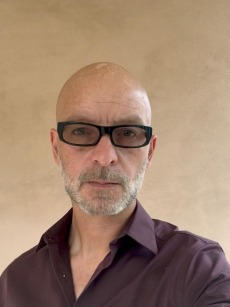
I am a cultural historian of twentieth-century China, with a particular focus on political activism and urban space.
My first single-authored book, Behind the Gate: Inventing Students in Beijing traces the origins the category of “students,” which has been coeval and coincident with Chinese modernity itself. Through an original analysis of one of the crucial episodes in the historiography—and imagination—of modern China, the May Fourth movement of 1919, I show how the signifier “student” was the result of a historical process. To put it simply, while in China—as elsewhere—there had always been people who studied, the political category of “student” was far from pre-determined and was actually produced through political practice during a particular historical moment. You can listen to an interview I had with the New Books in East Asian Studies.
With my colleague Jadwiga E. Pieper Mooney, I have co-edited De-Centering Cold War History: Local and Global Change (Routledge, 2012).
My second monograph, The End of Concern: Maoism, Activism, and Asian Studies, follows the history of the Committee of Concerned Asian Scholars throughout the long sixties, as a way to explore an important moment of transition in the Cold War and to highlight the role of Maoism as a political and intellectual inspiration for activists around the world. You can listen to my interview on the book in New Books in East Asian Studies.
I teach introductory classes on Modern China and Modern East Asia as well as a course on Communist China through films, memoirs, and fictional narratives. I am also looking forward to teach a new course on “The Global Sixties”. In all my courses, by expanding the reading list beyond what are usually considered historical sources, I lead students to look at how history is continuously produced around us and to read everyday materials as potential “archives.” For graduate students, I teach Historiography, Comparative World Revolutions, a course on the Chinese city, and I contribute to the world/comparative minor.
I was born and bred in Venice, Italy and moved to the US in 1998. When I am not working, I am usually working out or cooking.

